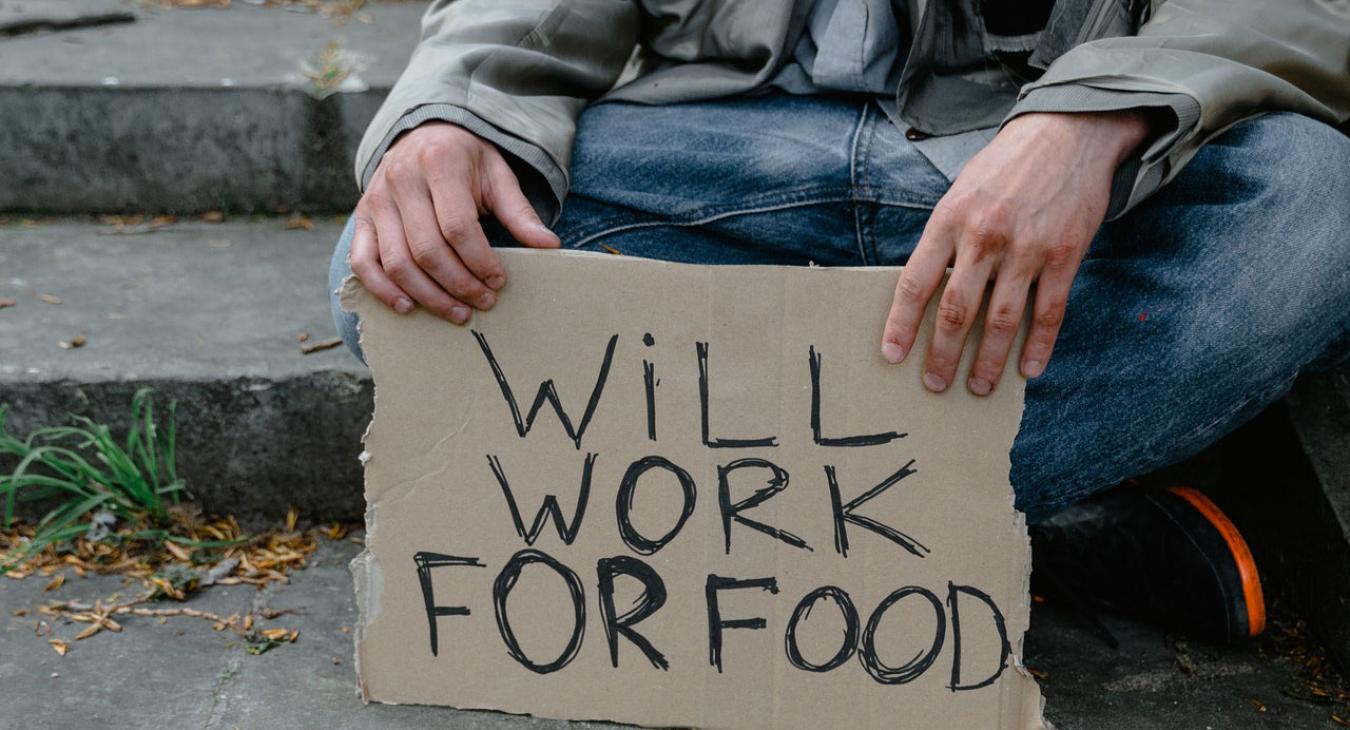ICTU General Secretary Patricia King said that Budget 2021, which the Minister for Finance has described as the "largest in the history of the state", does not ensure sufficient support for low paid workers and low-income families, and risks undermining the recovery in domestic demand.
The General Secretary said: 'the fiscal expansion outlined by Budget 2021 does respond in part to the principal recommendations of ICTU's pre-budget 2021 proposals - to preserve as much of the economy's productive capacity as possible over the coming months – and to implement a substantial programme of infrastructure based-fiscal stimulus over the coming years - in people by expanding training and apprenticeships, in public services such as health, and in public infrastructure such as transport, water and clean energy. The Government could in fact have been much more ambitious when it comes to capital investment. The IMF yesterday pointed out that increasing public investment by 1% of GDP can boost employment by 1.2% and GDP by 2.7%, provided it is high-quality investment. While Budget 2021 is proposing an additional allocation of €500m in capital expenditure by the Department of Housing, it should be noted that some of this additional spending will be used to lease almost 2,500 homes, which the Department of Public Expenditure and Reform has previously found to more expensive than construction in urban areas.
Budget 2021 does not sufficiently ensure that the fiscal expansion will reach workers, particularly low-paid workers, and low-income families. The Government hasn't restored the Pandemic Unemployment Payment to €350 (which is still less than the €467 that would be earned by working full-time on the recommended Living Wage of €12.30 an hour). If €350 was considered the right amount in March, why is it not the right amount in October? Furthermore, headline social welfare rates are to be "maintained" in 2020 while as previously announced the Minimum Wage will only be increased by 1%.
"Not only will these decisions make it difficult to maintain the sense of social solidarity that was evident in the national lock-down earlier this year, by putting less money in peoples" pockets, they will limit the recovery in domestic demand, particularly in areas that do not have significant multinational sector employment" Ms King concluded.

